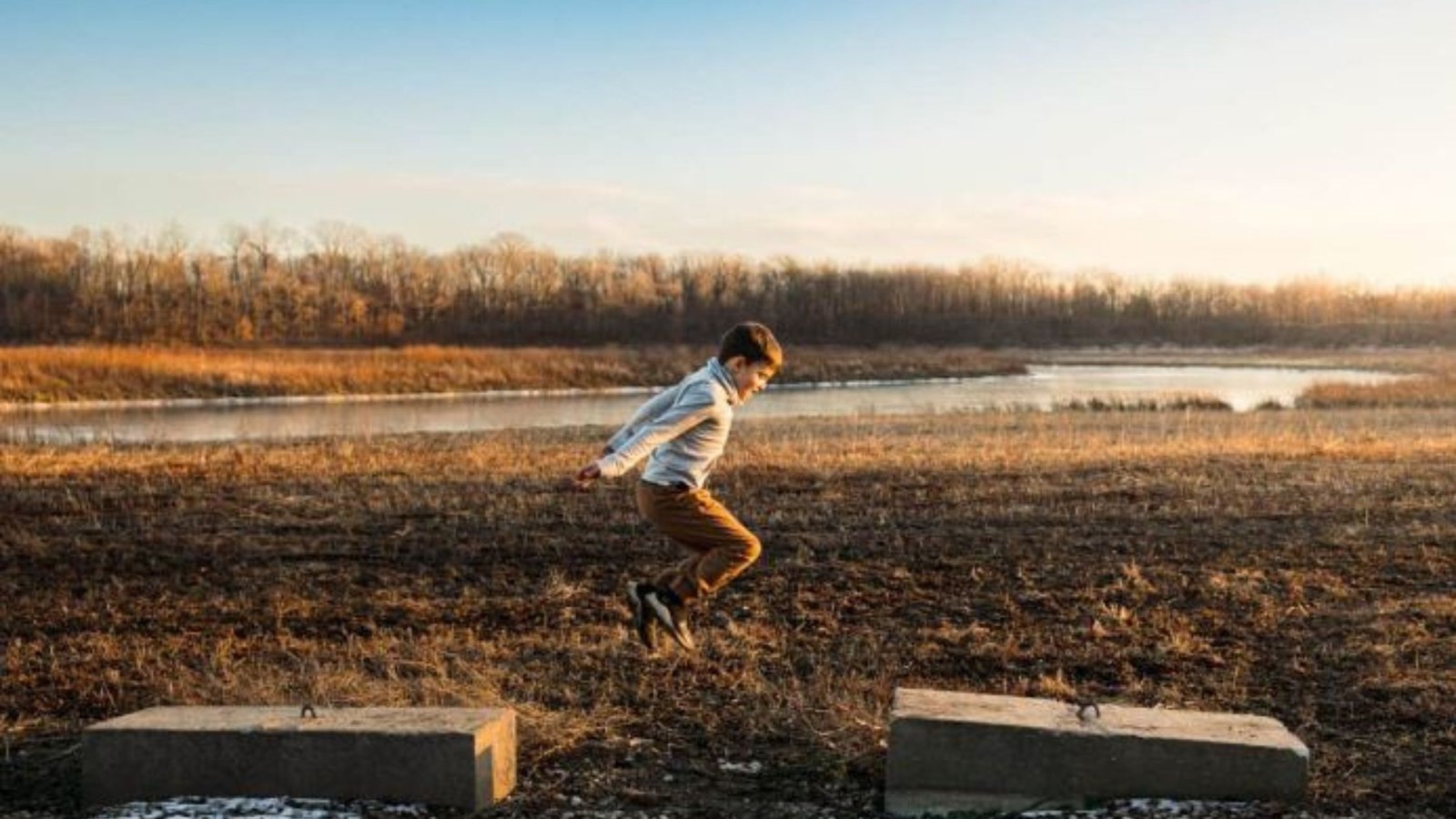Planning an adventure travel trip can be exciting, but it’s essential to create a budget to manage your expenses and make the most of your experience. Here’s a comprehensive guide on how to budget for adventure travel:

Determine Your Total Budget
Start by deciding how much you can afford to spend on your trip. Consider your savings, income, and any potential financial obligations. Having a clear overall budget helps you allocate funds to various aspects of your trip without overspending.
Research Destinations
Different destinations have varying costs for accommodation, food, transportation, and activities. Research potential destinations and choose one that fits your budget. Consider factors such as the cost of living, exchange rates, and the season in which you plan to travel.
Plan Your Itinerary
Create a detailed itinerary outlining the places you want to visit, activities you want to do, and the duration of your stay. This will help you estimate costs more accurately and identify areas where you can save money. Include travel dates, transportation options, accommodation choices, and activity details.
Estimate Major Expenses
Break down your budget into major categories and estimate the costs for each:
- Flights: Look for deals, use flight comparison websites, and consider booking in advance.
- Accommodation: Compare prices for hotels, hostels, Airbnb, and camping sites. Consider staying in budget-friendly or shared accommodations.
- Transportation: Factor in costs for car rentals, public transport, taxis, and fuel if you’re driving.
- Activities: Research the cost of adventure activities such as hiking, rafting, diving, and guided tours. Look for package deals or discounts.
Save on Food and Drinks
Food and drinks can be a significant part of your travel expenses. To save money:
- Eat Local: Try local eateries and street food, which are often cheaper and offer authentic experiences.
- Cook Your Own Meals: If your accommodation has kitchen facilities, buy groceries and cook some of your meals.
- Carry Snacks: Bring snacks for long journeys or hikes to avoid buying expensive food on the go.
Plan for Hidden Costs
Be prepared for unexpected expenses by setting aside a contingency fund, typically 10-15% of your total budget. Hidden costs can include:
- Travel Insurance: Essential for covering medical emergencies, trip cancellations, and lost belongings.
- Visa Fees: Check if you need a visa and the associated costs.
- Entrance Fees: Some national parks, museums, and attractions may charge admission fees.
- Tipping: Factor in tips for guides, drivers, and service staff.
Use Travel Rewards and Discounts
Take advantage of travel rewards, discounts, and loyalty programs to save money:
- Credit Card Rewards: Use travel credit cards to earn points or miles for flights, accommodation, and other expenses.
- Student and Youth Discounts: If you’re a student or under 26, look for discounts on transportation, accommodation, and activities.
- Group Discounts: Traveling with a group can sometimes result in lower costs for activities and accommodations.
Monitor Your Spending
Track your expenses during your trip to ensure you stay within budget. Use budgeting apps or keep a daily log of your spending. Adjust your spending if you notice you’re going over budget in certain areas.
Prioritize Experiences
Focus on experiences that matter most to you and be willing to compromise on less important aspects. Allocate more funds to activities and experiences that you value highly and look for budget-friendly alternatives for other parts of your trip.
Conclusion
Budgeting for adventure travel requires careful planning and research, but it allows you to enjoy your trip without financial stress. Determine your total budget, research destinations, plan your itinerary, estimate major expenses, save on food and drinks, plan for hidden costs, use travel rewards, monitor your spending, and prioritize experiences. With a well-planned budget, you can have an unforgettable adventure without breaking the bank.











